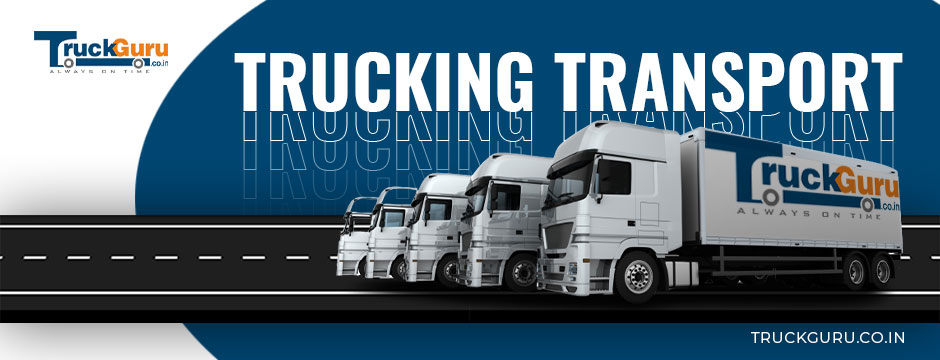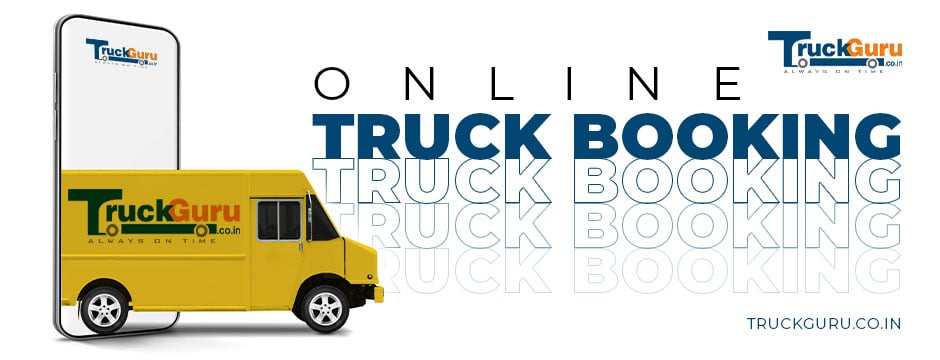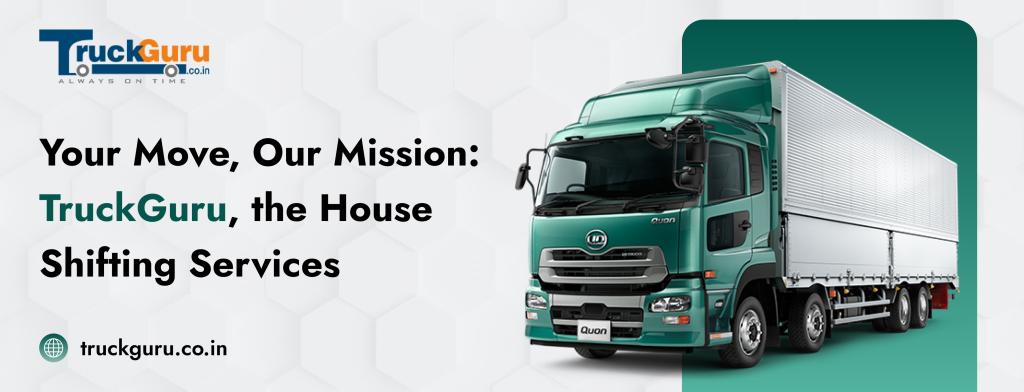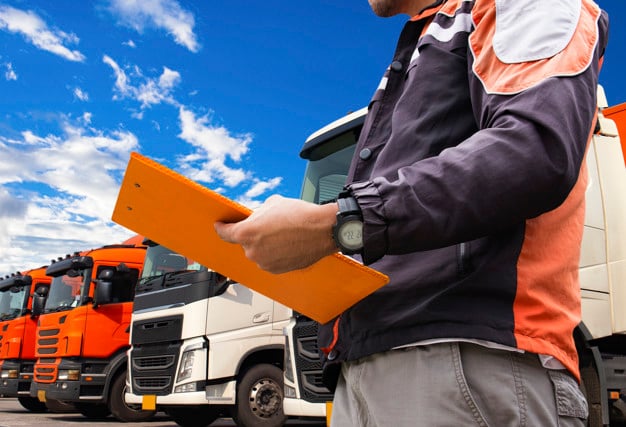
The FASTag system, which utilizes radio frequency identification, makes it easier to collect tolls from all vehicles with four wheels or more at toll booths. The government implemented this program in response to an indefinite strike called by the All India Motor Transport Congress in October 2015, protesting toll collection and delays at toll plazas. About the deployment of this system, which became necessary in December 2019, enormous strides have been made since 2016. Different reactions have been given to FASTag around the nation. Concerning the introduction of FASTag, different parties hold varying views. This article addresses the implementation status as of December 2019, the practical adoption issues experienced by various stakeholders, the financial advantages Trucking Transport businesses may realize by utilizing FASTag, and the market prospects for FASTag in India. Today, 90% of transportation expenditures are made in cash1, and the spenders are often proprietors of small fleets with less than 5 vehicles. Most of the time, the drivers are restricted by a set cycle of credit payback and a shortage of available transport cargo. As a result, their contractual connection is limited to a select group of neighborhood service providers. They have been able to transfer part of their expenditure to digital modes because of the launch of FASTag. Only a limited portion of toll costs, or the narrow range of FASTag’s applicability, are digitized. FASTag is distributed with current vehicles, enabling a larger range of use cases that benefit fleet owners. The value may be unlocked for these owners by enabling the use case for Lending over FASTag.
Current State of FASTag Implementation
Adoption of FASTag became required as of December 15, 2019, and eventually, the deadline was moved forward to January 15, 2020. As of December 2019, 440 of India’s 520 toll booths support FASTag technology. In terms of FASTag utilization, Punjab and Haryana have been in the lead; collectively, these two states have 38 toll plazas and 444 lanes, and FASTag transactions make up 23% of all toll transactions in these two states. The NCR area of Delhi has also been at the forefront of FASTag uptake and application. 3.97 lakh cars used cash to pay tolls in September 2019, whereas 1.25 lakh used FASTag. 72 lakh cars have already had FASTags installed across the nation; the government anticipates 11 lakh FASTag transactions daily, with a predicted income of 25 to 30 million rupees and a toll volume of 40%. From January 2020, FASTag was deployed at all toll booths. Practical Issues with FASTag Execution and The Solutions

Challenges for Carriers
- Documentation Challenges for small-scale service providers: Trucking Transport business account for 90% of the market share in India yet only own 20 or fewer vehicles. Some of these transporters may have documentation problems while upgrading their older trucks to Bharat Stage (BS)-VI pollution control trucks.
- Driving in the wrong lane: Unaware of the distinction between a hybrid FASTag lane and a cash lane, a truck driver can join the incorrect lane and pay two tolls. In other words, starting on January 15, 2020, the rules are that FASTag users must only utilize FASTag lanes, while cash users must use regular cash lanes. If they utilize the FASTag lane, cash users will be charged twice as much.
- Technology-based shortcomings: After the vehicle crosses the toll plaza, the toll charge is automatically withdrawn from the user’s account when a FASTag vehicle utilizes FASTag to pay the toll fee. Recent events demonstrate both duplicate and incorrect cash deductions. Trucking businesses, particularly, receive a toll discount since they often utilize the toll plaza close to their location. Due to these businesses’ regular usage of the plaza, the government only receives the bare minimum from them. These vehicles now pay two tolls since they spend money on FASTag while still paying a little premium.
- Refund of the FASTag Cash: The FASTag wallet may be electronically refilled using Paytm and different bank channels, but the application for refunds must be personally delivered to the authorities close to the toll plazas.
- Unexpected delays in toll plazas: Toll plazas suffer delays as new customers struggle to get used to the new system due to FASTag’s quick deployment. All toll users are likely to be impacted by this scenario.
- Issues in Linking Bank accounts: Users may either reload their FASTag wallet online or link their bank account to the FASTag app. Due to security concerns, carriers are now reluctant to link their bank accounts to FASTag wallets. They also believe that keeping wallets manually will be time-consuming for trucks with national licenses as they travel through several tolls.
Solutions for Carriers
- To prevent penalties or duplicate payments, carriers must inform drivers about the various lane types, such as the cash and hybrid FASTag lanes. Given the lower literacy level among Indian truck drivers, education and training in this area may be beneficial.
- Carriers must choose whether to use a FASTag wallet or connect the app to a bank account. They can use one or both payment methods but must have excellent wallet and payment management skills. While a minimal value of 100 rupees can be kept in the wallet, carrying a balance between 300 and 500 rupees is recommended to prevent issues while paying tolls.
Issues Faced by Shippers and the Solutions
- Anticipating General Delays: Shippers will also experience significant delays due to the inability to distinguish between FASTag and toll users. Careful planning is required to achieve the target transit time for long-distance goods.
- Higher Impact of Delays on Perishables and Over-dimensional Cargo Shipper: Perishables and oversize freight are particularly affected by transit delays. Even when kept in refrigerated storage settings, the condition of perishable cargo changes over time. Thus, shippers of perishable goods must make careful plans to fulfil the targeted transit time. Sometimes, over-dimensional freight shippers might not be permitted into cities, which could lengthen the travel time. The use of FASTag will prolong this transit time even further. This situation can lead drivers to ask shippers for high pay and incentives.
- Carriers billing the penalties to Shippers: The final freight bill may contain the FASTag fines, according to the carriers. Carriers can decide against paying the fines because of the money they would lose as a result of the bad market circumstances.
Solutions for Shippers
- Shippers must efficiently manage the transit time through proactive cargo planning to prevent cargo delays. Shippers of perishable goods should collaborate with carriers supporting FASTag to prevent transportation anomalies.
- Clear directives and key performance indicators (KPIs) should be provided to carriers to help them avoid fines they could charge shippers for. Shippers should tell carriers not to add the extra charges to the total freight bill.

Important Advice for Better FASTag Usage
- Existing barriers: The government anticipates a reduction in toll booth wait times from 30 to 4 seconds to 8 to 15 seconds. This is improbable, considering the obstacles at the FASTag-enabled tolls still in place and the slim chance that they will be taken down soon. After achieving a higher adoption rate and faster FASTag transactions, the government must take measures to eliminate the obstacles.
- Lack of support personnel at tolls: Although the government has expanded the number of employees at toll plazas to assist users with their FASTag inquiries, the huge list of queries is impossible for the current staff to address. Until the current situation is improved, the government may recruit retired police and part-time workers to answer user inquiries.
- No free FASTag: The National Highways Authority of India was instructed by Nitin Gadkari, the Minister for Road Transport & Highways of India & Shipping, to offer free FASTag tokens till December 15, 2019, although users were charged for a new FASTag. The cost of the FASTag, cashback on FASTag recharges, and the minimum non-refundable premium were all included in these fees. In the general public’s interest, free FASTags may be distributed to encourage usage.
- To encourage the usage of FASTag, the government has announced cashback rewards on toll costs. For utilizing the state and federal highway toll plazas, a payback of 2.5 percent has been implemented. These deals are available until FY 2019–20. Cashback rewards, however, could be increased, or additional offers might be introduced depending on how widely FASTag is used.

Experience The Convenience of Transporting with TruckGuru
Tired of the standard procedures for Online Truck Booking? Looking for a quick and efficient truck booking method? Not to worry! We’ve developed a smart and cutting-edge method for booking trucks. You may reserve a truck online at any time and location using our web portal and mobile app. Booking transportation online only takes a click! No matter what kind and amount of load you have, we have the infrastructure, technologies, and resources to meet your transportation requirements. We are a full-service transportation business that can provide you with the best supply chain and logistics solutions thanks to our extensive fleet of tech-enabled trucks and competent team members. While attempting to reserve a truck via our mobile app, we provide you with an instant price option. It will help you manage your transportation budget more effectively.


